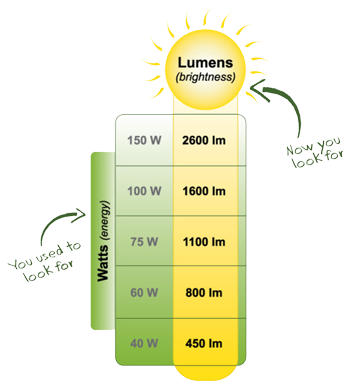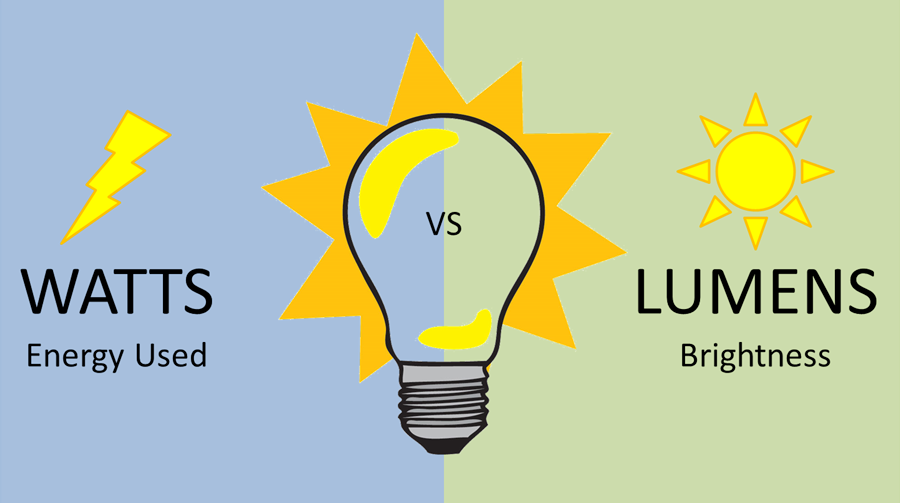When it comes to wattage, there are a wide range of opinions about which is best for different purposes. Is higher wattage better for a higher power output, or is lower wattage better for greater energy efficiency? This conundrum has been debated among consumers, businesses, and experts for years. In this article, we’ll look at both sides of the argument and examine the pros and cons of higher and lower wattage to help you decide which is the best option for your needs.
When it comes to watts, the higher the wattage, the more power and output from the appliance. A higher wattage means the appliance is consuming more energy and will cost more to run. However, a higher wattage also means that the appliance will be able to do more. For example, a vacuum with a higher wattage will be able to pick up more dirt and debris than a vacuum with a lower wattage.
language.
What Is the Difference Between Watts and Voltage?
The terms watts and voltage are often used interchangeably, but they are actually different measurements. Voltage is a measure of the difference in electrical potential between two points. It is often referred to as “potential difference” or “electrical pressure.” Watts is a measure of the rate of electrical energy transfer. In other words, it is a measure of how much energy is being used over a certain period of time.
When talking about watts and voltage, the most important thing to remember is that watts is a measure of power, whereas voltage is a measure of potential. Voltage is measured in volts, and watts is measured in watts. For example, a 12-volt battery has 12 volts of potential energy, but it can only produce a certain amount of power, measured in watts.
How Do Watts and Voltage Interact?
In most appliances, wattage and voltage are not directly related. For example, a light bulb can use the same amount of power (measured in watts) regardless of the voltage supplied to it. This is because the amount of power used is determined by the current, which is determined by the resistance of the bulb and the voltage supplied.
However, in some cases, the wattage and voltage are directly related. This is because the amount of power can be increased by increasing the voltage, and vice versa. For example, a motor can use the same amount of power, but the speed of the motor will increase as the voltage is increased.
Which Is Better: Higher or Lower Watts?
The answer to this question depends on your needs and the appliance you are using. Generally speaking, higher wattage is better for applications that require a lot of power, such as motors, power tools, and high-powered lighting. Lower wattage is better for applications that don’t require a lot of power, such as small appliances, low-powered lighting, and electronic devices.
When choosing an appliance, it is important to consider the wattage and voltage of the appliance. For example, an appliance that requires a lot of power will need a higher wattage, while an appliance that only requires a small amount of power will need a lower wattage. Additionally, it is important to consider the voltage of the appliance, as it will affect the power output.
Advantages and Disadvantages of Higher and Lower Watts
Higher wattage appliances have several advantages. They are generally more powerful and can handle more demanding tasks. Additionally, they usually have a longer life expectancy, as they are able to withstand more wear and tear.
However, higher wattage appliances also have some disadvantages. They are usually more expensive and require more energy to operate. Additionally, they can be more prone to overheating, which can cause damage to the appliance.
Lower wattage appliances have their own advantages and disadvantages. They are generally cheaper and use less energy, making them more efficient. Additionally, they are often more reliable, as they are less prone to overheating.
On the other hand, lower wattage appliances are also not as powerful as higher wattage appliances. They are not suitable for more demanding tasks, and may not last as long as higher wattage appliances.
Factors to Consider When Choosing an Appliance
When choosing an appliance, it is important to consider the wattage and voltage of the appliance. The wattage should be appropriate for the task at hand, and the voltage should be compatible with your power supply. Additionally, you should consider the cost of the appliance, as well as the energy efficiency.
It is also important to consider the life expectancy of the appliance. Higher wattage appliances are usually more reliable and have a longer life expectancy, whereas lower wattage appliances are usually not as reliable and may not last as long.
Safety Considerations
It is important to ensure that the wattage and voltage of an appliance are appropriate for the task at hand. It is also important to make sure that the appliance is compatible with your power supply. Additionally, it is important to make sure that the appliance is not overheating.
If you are using a higher wattage appliance, it is important to make sure that it is not being overloaded. Overloading an appliance can cause it to overheat and damage the appliance, as well as create a potential fire hazard.
Summary
Watts and voltage are both important measurements when choosing an appliance. Generally speaking, higher wattage is better for applications that require a lot of power, such as motors, power tools, and high-powered lighting. Lower wattage is better for applications that don’t require a lot of power, such as small appliances, low-powered lighting, and electronic devices.
When choosing an appliance, it is important to consider the wattage and voltage of the appliance, as well as the cost, energy efficiency, and life expectancy. Additionally, it is important to make sure that the appliance is compatible with your power supply and is not being overloaded.
Related Faq
What is the Difference between Higher and Lower Watts?
Higher Watts is the amount of power that a device consumes or produces for a given amount of time. Lower Watts is the amount of power that a device consumes or produces for a given amount of time but at a lower level. The higher the Wattage, the more energy is consumed or produced and the greater the resulting power output. The lower the Wattage, the less energy is consumed or produced and the lower the resulting power output.
In general, higher wattage products use more energy but deliver more power, while lower wattage products use less energy but provide less power. The decision of which wattage to choose depends on the application. For example, if a device needs to produce a lot of power, such as a high-powered motor or a large appliance, then a higher wattage would be more suitable. On the other hand, if a device only needs to produce a small amount of power, such as a light bulb or a small appliance, then a lower wattage would be more suitable.
What Are the Advantages of Higher Watts?
Higher Watts are beneficial for applications that require a lot of power output or for applications that require a quick response. These applications include motors, power tools, and some large appliances. Higher wattage also means that a device will consume more energy, which can lead to higher energy bills.
However, higher wattage also means that a device will produce more power, resulting in better performance. High wattage devices typically have more features, such as higher speeds, higher torque, and more power output. This makes them suitable for applications that require more power, such as electric vehicles, power tools, and large appliances.
What Are the Advantages of Lower Watts?
Lower Watts are beneficial for applications that require only a small amount of power output. These applications include small appliances, light bulbs, and some small motors. Lower wattage also means that a device will consume less energy, which can lead to lower energy bills.
However, lower wattage also means that a device will produce less power, resulting in lower performance. Low wattage devices typically have fewer features, such as lower speeds, lower torque, and less power output. This makes them suitable for applications that require only a small amount of power, such as small appliances, light bulbs, and small motors.
Which is More Efficient: Higher or Lower Watts?
Both higher and lower Watts have their own advantages and disadvantages. Higher Watts are more efficient for applications that require a lot of power output or for applications that require a quick response. Lower Watts are more efficient for applications that require only a small amount of power output.
The decision of which wattage to choose depends on the application. In general, higher wattage products use more energy but deliver more power, while lower wattage products use less energy but provide less power. It is important to choose the right wattage for the application in order to maximize efficiency.
What Are the Disadvantages of Higher and Lower Watts?
The main disadvantage of higher Watts is that they consume more energy which can lead to higher energy bills. The main disadvantage of lower Watts is that they produce less power, resulting in lower performance.
It is important to choose the right wattage for the application in order to maximize efficiency and avoid the disadvantages of either option. For example, for applications that require a lot of power output, such as motors or large appliances, a higher wattage would be more suitable. On the other hand, for applications that require only a small amount of power output, such as small appliances or light bulbs, a lower wattage would be more suitable.
Which is Better for the Environment: Higher or Lower Watts?
Lower Watts are typically better for the environment because they consume less energy and produce less power. Lower wattage devices can still produce a sufficient amount of power for applications that require only a small amount of power output, such as small appliances or light bulbs.
However, higher wattage devices can be better for the environment in certain applications. For example, high wattage devices can be used to power electric vehicles, which are more environmentally friendly than traditional gasoline-powered vehicles. Therefore, the decision of which wattage to choose depends on the application and the desired level of environmental protection.
Are low wattage guitar amps BETTER than high watt amps?
In conclusion, the wattage of a device is a key factor to consider when purchasing a new device. Both higher and lower wattages come with their own advantages and disadvantages. Higher wattage devices are more powerful, but they tend to be more expensive and draw more electricity. Lower wattage devices, on the other hand, are not as powerful, but they tend to be more affordable and use less electricity. Ultimately, the best wattage for you depends on your needs and budget.




